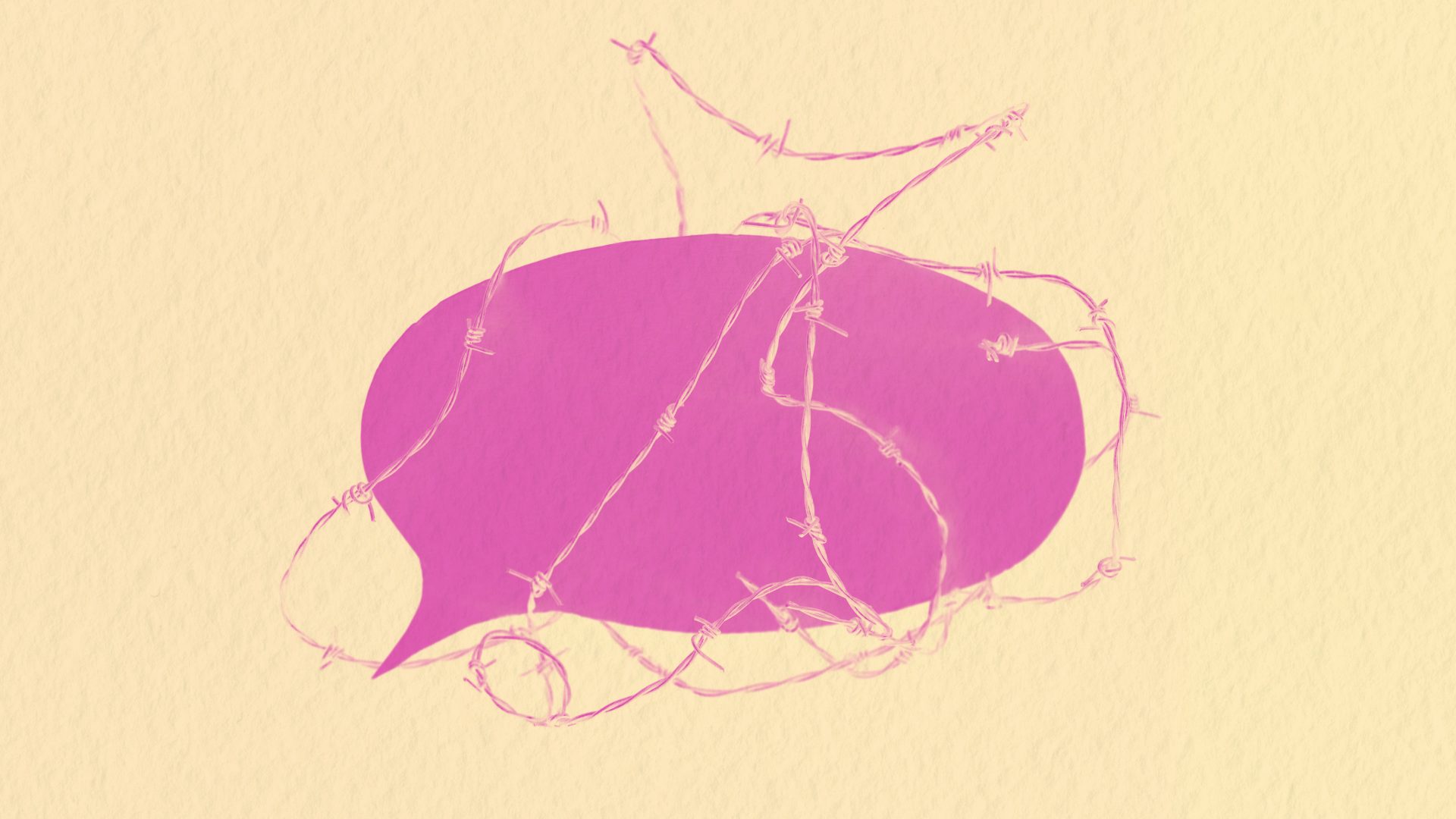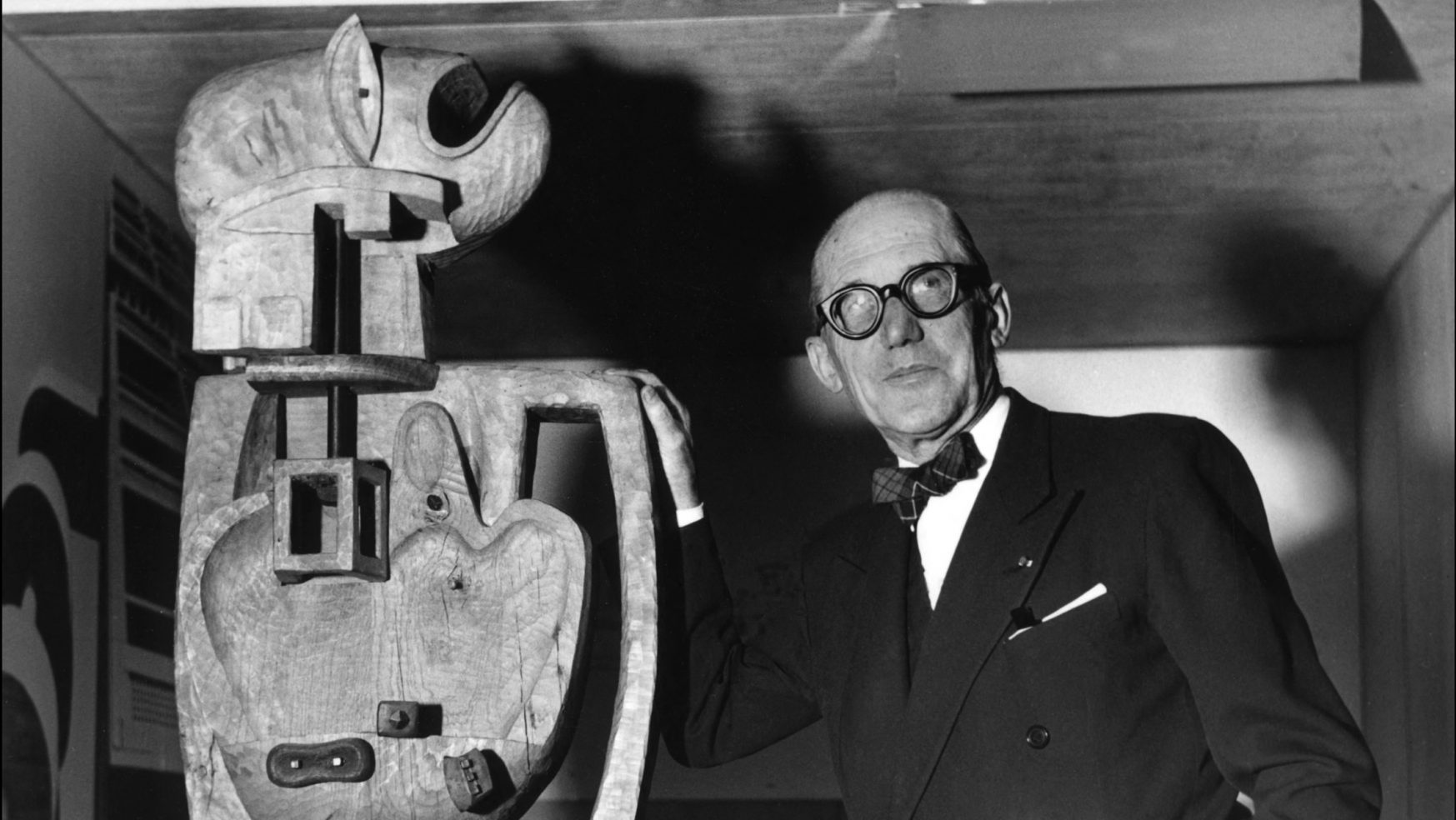I’ve been researching American culture of the 1950s with a view to setting a novel in that era. It’s a tricky business for a writer: calibrating the interplay between the subjective realms of emotion and perception, and the objective ones exemplified by media and current affairs.
Err too much on the side of the former and you risk your reader thinking: “Why don’t any of the characters in this novel have any response to McCarthyism, the cold war, or Brown v Board of Education?”; whereas if you tilt too far to the other, the prose all too often becomes didactic and expository rather than intimate and revelatory. Besides, any reader worth engaging with knows fine well that for the most part people are far less preoccupied by politics than they are by minor ailments, sex and the price of petrol.
Or should I say “gas”? It shouldn’t feel too much of a leap to the US in the 50s – after all, the language is pretty much the same, while the overall lineaments of social forms are hardly dissimilar – and yet sometimes a single unfamiliar term will make me feel the enterprise is doomed, that I’ll end up writing a book that’s like one of those aggressively styled “Fifties” films, which, when you see it again a decade or so later, reveals itself to have been a now obsolete 2020s view of this bygone era.
The term that pulled me up short a fortnight or so ago was “chautauqua”. I was reading a book published in 1942 called Generation of Vipers. Its author, Philip Wylie, was one of the founding editors of the New Yorker, and a prolific
writer of journalism and books on a whole range of subjects. Vipers is a rhodomontade against American mores and institutions – a sort of psycho-dynamic rant, out of Nietzsche by way of Jung. It was hugely successful in the 1940s and 50s, selling hundreds of thousands of copies – moreover, Wylie has a slangy style that makes him a good source for informal spoken as well as written locutions.
But “chautauqua”? Wylie deploys it lower case, and from the context, it seemed to mean some sort of gathering or more formal assembly. I assumed it must be a Native American word – but when I looked it up, I discovered the
original Iroquois meant “two moccasins tied together”, and was used to refer to a lake in western New York state that has this shape in outline. The leap from this to “talking shop” – which is the sense Wylie uses – is circumstantial: the Chautauqua movement was founded on the shores of
the lake in the late 19th century; another philanthropic and educational innovation that bodied forth from the great religious awakening of the 1850s. Initially a school for Sunday school teachers, Chautauqua spread throughout the north-east of the States, offering programmes featuring inspirational and educational lecturers, together with music and even comedy.
By the 1920s it was being eclipsed by other forms of entertainment and instruction – but, for a while at least, the term “chautauqua” was in common usage to describe a slightly high-minded gathering.
Now, of course, following the attempted murder of Salman Rushdie at the original Chautauqua Institute, the term may well undergo another semantic shift, becoming synonymous not with the exercise of free speech, but with
crazed attempts to repress it.
I’m not making any claims for prescience on my part – my reading “chautauqua” in Wylie’s book a few days before the attack was the purest coincidence – nonetheless, we find it hard, I think, not to see contiguous events as causal, especially when they’re highly emotionally charged. There’s
this, and there’s also the ghastly feeling surrounding the Rushdie attack that it provides a sort of narrative resolution. We may well be secular folk, who have no truck with notions of blasphemy, but there’s a deeper layer to our culture within which the archaic dialectic of hubris- leading-to-nemesis still inheres.
The progress – if we choose to see it this way – of linguistic theory in the 20th century has led to the insight that all signifiers are arbitrary, as is what they signify. Meaning inheres in the conventions of usage, not in some determinate reality. It’s perhaps from this perspective that we should view not just singular terms such as “chautauqua” and “fatwa”, but even entire fictional works. There’s a curious symmetry here between western liberals’ insistence on absolute freedom of speech and eastern fundamentalists’ insistence on its absolute curtailment – both moieties are revealed thereby as hypocrites; a term that – so far as I’m aware – hasn’t changed its meaning significantly in the last few decades.



